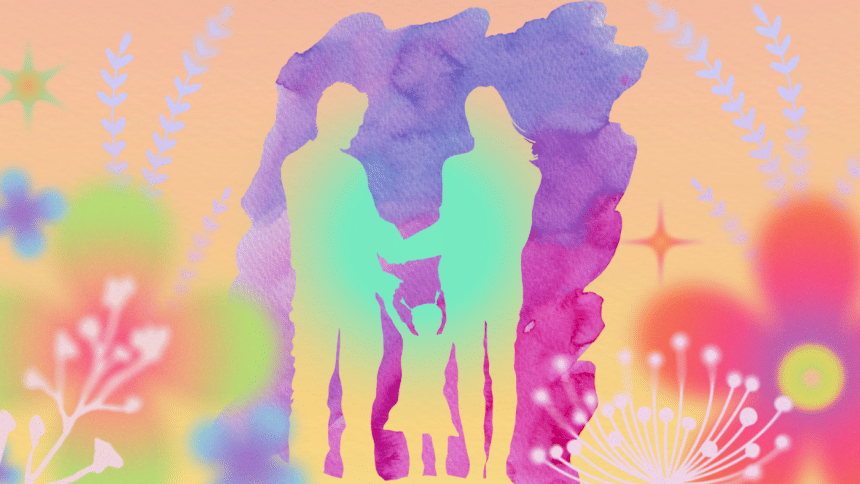The importance of parents showing affection to each other

Growing up, I never saw my parents show any hint of affection towards each other. Be it on their anniversary, birthdays, or any other special occasion, any display of affection was off the menu. Not just hugs, holding hands, or other physical gestures. Even verbal affection wasn't an option. I have grown up believing that my parents are just two people who are bound by the oath of their union and have become habituated with each other over their 30 years of marriage rather than being truly in love with each other.
Unfortunately, children develop their definition of relationships based on the ones they observe around them which, in most cases, are those of their parents. When a child observes their parents not showing affection in any shape or form, they tend to believe that marriages are supposed to be tasteless and joyless commitments between two people raising kids and paying bills together rather than two people being in love.
The resentment towards displaying affection affects the mutual relationship between parents and their children as well. In a family where parents showing affection towards each other is taboo, any display of endearment is off the table. Kids feel uncomfortable to show their sensitive sides to their parents and or even towards each other. They don't feel safe sharing their vulnerabilities with their parents or siblings and have to deal with heartbreaks and depression on their own. Growing up, even when you watch your relationship with your parents slowly crack with time, the awkwardness developed over the years makes it difficult to take the first step and help rekindle the love.
This affects the child's personal life as well. In relationships outside the home, they find it difficult to show affection towards their friends or loved ones. Since any form of intimacy is taboo at home, they consider it necessary to hide their relationships from their parents and find it stressful to have a healthy discussion at home.
When children from these families grow up to have a family of their own, they find it very difficult to break the cycle and change things around in their own marriage. In a joint family, the interactions get more awkward as couples find it difficult to acknowledge any form of intimacy between themselves as they have their parents and elders living under the same roof. This affects their marriage and hampers the development of the sense of intimacy in their kids as well. The vicious cycle of lack of intimacy goes on across generations and destroys familial bonding with time. And it all starts with the lack of intimacy between parents.
Growing up, I didn't even hear my parents call each other by their very names for a single time. It was always Ifti's father/mother but never their partner's names. For two people spending every single day of their lives together for 30 years, somehow, they're still strangers by heart. Maybe it's because of the age gap that's prevalent among our parents' generation or the environment they grew up in where intimacy was considered taboo.
But that need not be our case. Breaking this vicious cycle will not only ensure a healthier life at home for us but also provide future generations with the childhood that we needed.
Remind Ifti to be quieter at [email protected]

 For all latest news, follow The Daily Star's Google News channel.
For all latest news, follow The Daily Star's Google News channel. 



Comments